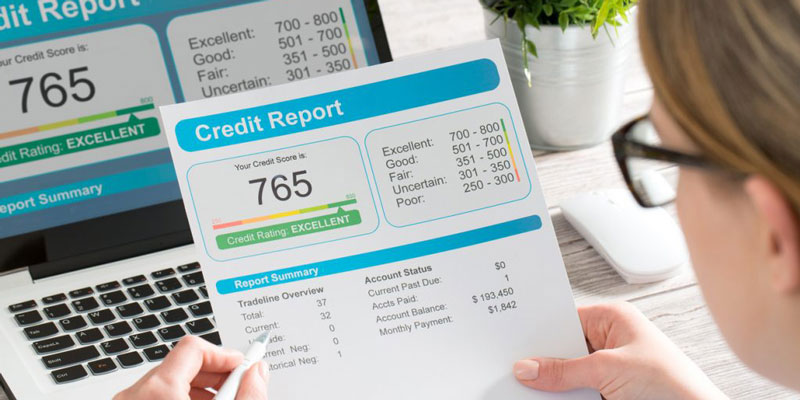Borrowers may put off paying off their student loans during this deferral term. What Is Student Loan Deferment? A student loan deferral may help if you have difficulty controlling your debt. You may qualify for such a deferment if you actively serve in the military, face financial difficulty, return to school, or undergo cancer treatments. Loan deferral enables you to postpone or decrease payments for a certain time, often for as long as three years. While this might provide temporary respite from your financial obligations, you may end up paying more than originally anticipated after the accumulated interest and principal. Learn the fundamentals regarding student loan deferment as well as various alternatives to traditional repayment with the aid of this guide. Deferment is a reprieve from making payments on your student loans.
When Should You Defer Your Loan Payments?
Loanees with federally-held student loans are eligible for relief under the CARES Act (approved in March 2020). If you have lost your job and cannot make payments on outstanding student loans, you might wish to consider putting them on deferral until the end of the forbearance term on December 31, 2022. It's a good idea to put your loans on hold if you're having trouble making ends meet, but deferring them so you can pay off other debts faster is a bad idea unless you have to. If you're worried about defaulting on your student loans but can still make ends meet, you may want to see if you meet the requirements for income-driven repayment.
Make A Game Plan
Before deciding to go on deferral, it's a good idea to speak with your student loan servicer and discover the specifics of the deferment. Making a documented budget that includes all of your expenses, monthly expenditures, debt, and income is also a good idea. If you're considering asking for a postponement, you should try reducing your spending in other areas first. If you place your student loans under deferral and don't alter your spending habits or increase your income, you'll finish back where you started. It is possible to free yourself from debt and start building wealth if you put in the time and effort to improve your position today. A debt payment plan may help you concentrate on paying off your student loans; therefore, you can eliminate debt more quickly.
Applying For Deferment
Contacting the company that handles your student loans is the first step in deferment. You may need to provide evidence that your current financial situation warrants the allowance of this deviation from the norm. Your request for a deferral could be subject to proof requirements and time limits. If you cannot get accepted into a program that allows you to postpone payments, combining your loans and selecting a longer repayment term may help you pay less each month.
Private Student Loan Management
In certain cases, you won't be able to put off payments on private loans for education. It would be best if you inquired about this with your lender. You may be required to keep paying the mortgage on your private loans for students despite financial hardship since they are not subject to the same regulations as federally controlled loans. While it's crucial to follow all the rules set out by your lender, independent of the kind of student loans you possess, this is one reason you should focus on paying off your private student loans first. Do not stop making payments on your debt unless you have received approval for a modification or postponement of those payments. If you pay on time, you won't have to worry about incurring late penalties or dragging your credit rating down.
Conclusion
It might be difficult to keep up with your student loan payments if you suffer a financial setback, such as the loss of employment or a serious illness. Government loan deferral is when you postpone payments, where interest might or might not be charged, even during payment interruption, depending on the loan you defer. This may be helpful if your finances are tight and you cannot make payments while your financial situation improves. Follow along to find out whether you qualify for a student loan deferral and how to submit your application.









